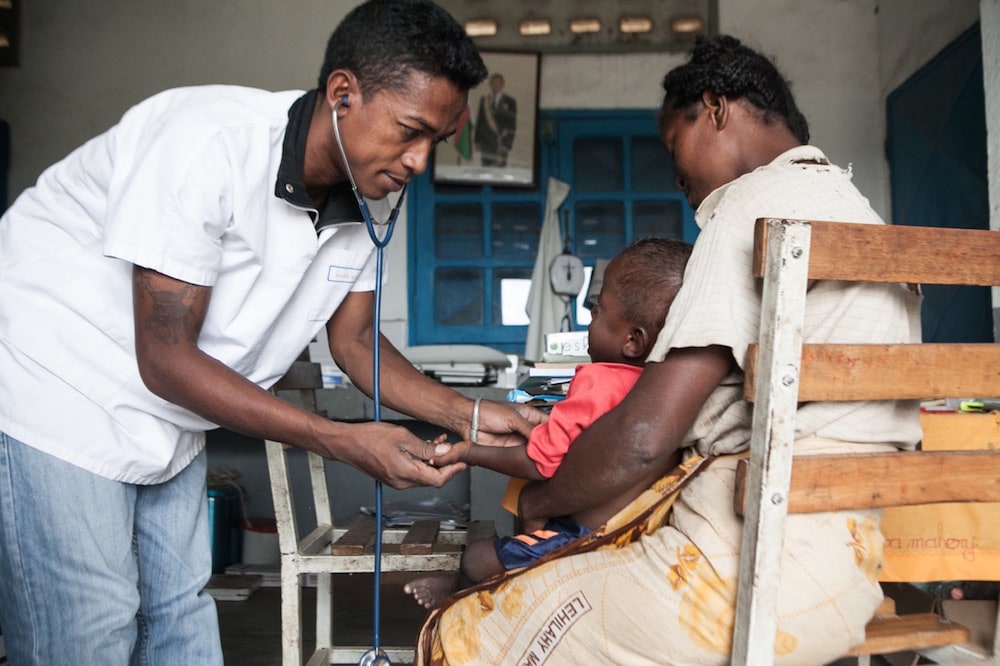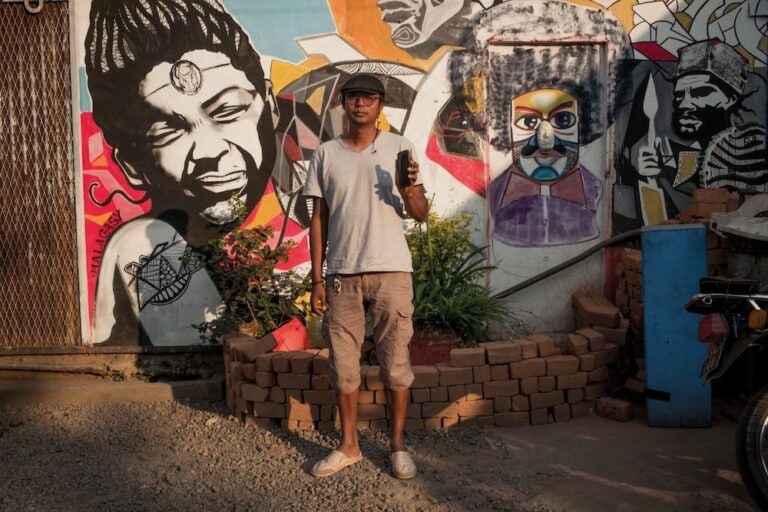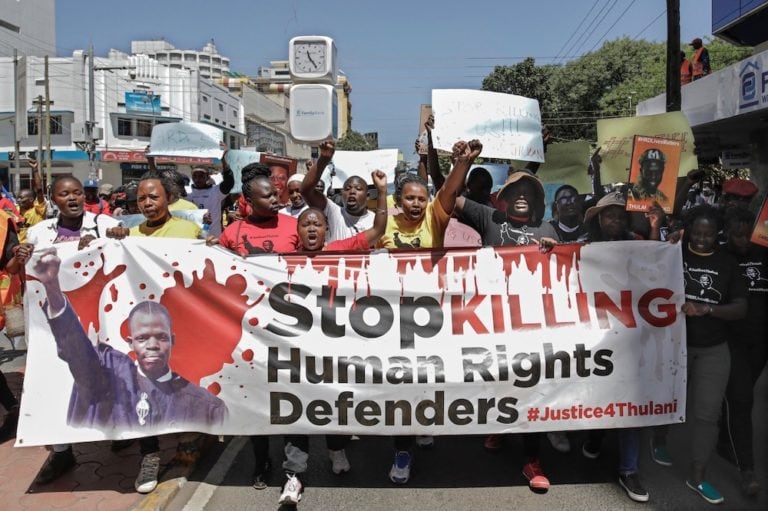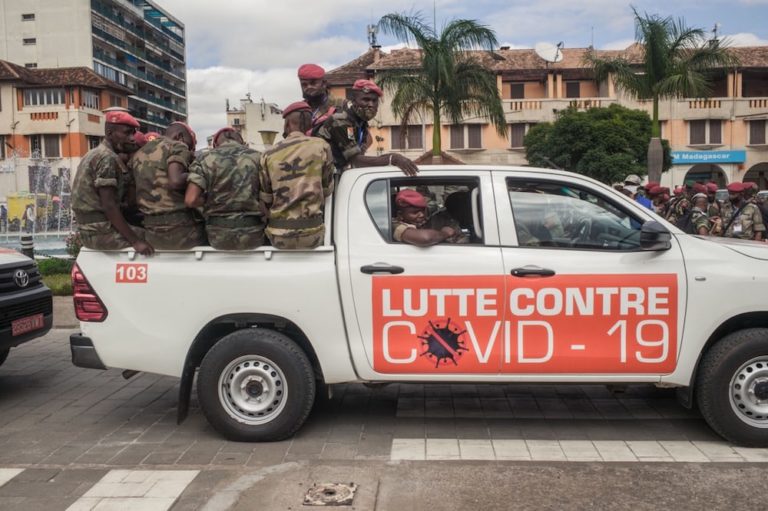Gaëlle Borgia's report on Madagascar's acute famine stirs authorities into driving a smear campaign against the award winning journalist.
This statement was originally published on rsf.org on 1 July 2021.
Reporters Without Borders (RSF) condemns the concerted effort under way in Madagascar for the past week to smear French freelance journalist Gaëlle Borgia after she embarrassed the government by posting a video on Facebook illustrating the desperation to which a major famine has driven some Madagascans.
Based in Madagascar for more than ten years, reporting for France 24, TV5 Monde and AFP, Gaëlle Borgia won a Pulitzer Prize last year for her investigative reporting into Russian interference in Madagascar’s 2018 presidential elections.
The video Borgia posted on Facebook on 21 June showed residents of the southern region of Androy eating strips of zebu hide normally used for making sandals. Intended to highlight the extremes to which some people are being driven by the famine that has hit part of southern Madagascar, the video went viral but triggered a chain reaction questioning this prize-winning journalist’s honesty and seriousness.
Androy’s governor issued a statement on 23 June accusing her of “peddling false information,” “insulting local culture” and exploiting the population’s misfortunes in order to “try to shine publicly.” When reached by RSF, the governor was more measured, acknowledging a “need for the international press” to talk about the situation but still claiming that Borgia had demonstrated a “lack of objectivity and nuance.”
The story could have ended there. But national TV broadcaster TVM followed up the governor’s statement with a “report” in which, one by one, the people in Borgia’s video said she had paid them to eat the zebu leather and that the local population would “take measures if such behaviour is repeated.”
Borgia responded by posting a second video on Facebook in which the same people acknowledged that they had been both paid and threatened by men armed with a knife to make the defamatory statements about her to TVM.
According to the information obtained independently by RSF, the TVM report was indeed made with the aim of discrediting Borgia, who was not asked to respond to the charges. When reached by RSF, TVM’s interim director said he trusted his local reporters although the subsequent statements to Borgia clearly show that the “information” broadcast by TVM was obtained under duress.
“We strongly condemn the crude and mendacious attempts to discredit this journalist’s work using the victims of climate change and the national TV broadcaster to spread false information and attack her,” said Arnaud Froger, the head of RSF’s Africa desk. “The organisers are the only persons discredited by this smear campaign, which is also irresponsible because it could have endangered someone known for being a serious and professional journalist.”
Madagascar-based international correspondents issued a joint statement in which they voiced their “dismay” at the “dishonest use of the state media to stir up dangerous hatred” against Borgia.
RSF has received several disturbing reports from Madagascar in recent months, especially reports about the use of harassment, intimidation and threats in an attempt to control coverage of certain subjects, including the Covid-19 pandemic.
In April, RSF condemned the use of a state of emergency to impose bans on nine political radio and TV programmes on the grounds that they were “likely to disturb public order and security and undermine national unity.” The bans were finally lifted a few days later.
Madagascar has fallen three places in RSF’s 2021 World Press Freedom Index and is now ranked 57th out of 180 countries.



